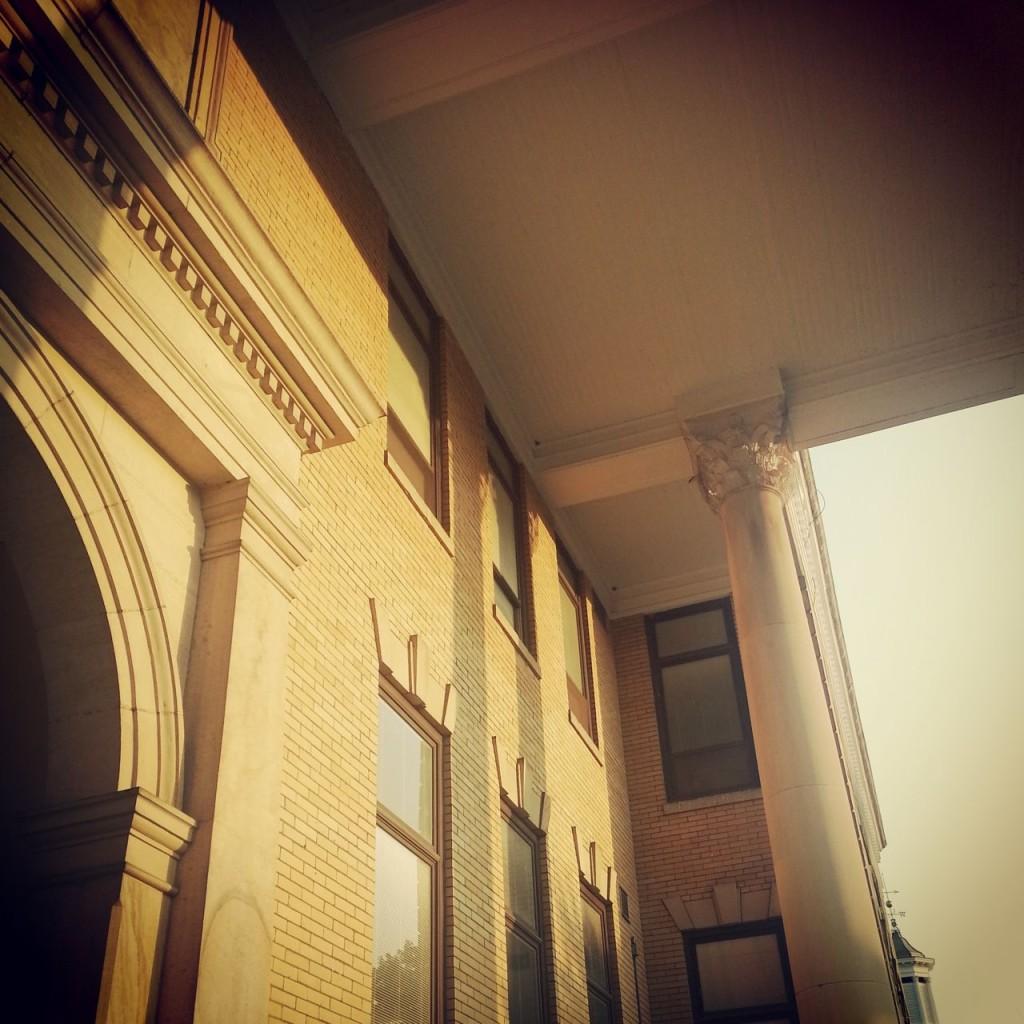The interests of minority groups on campus are always a big topic on the Shepherd campus. Whether it’s gender, race, or sexuality, efforts are always made to engage every student on campus. Some of these efforts come from students, others from the school and faculty members. Some feel that more should be done for outreach to the LGBTQ population at Shepherd, while others believe that the school may not need more due to the openness that already exists on campus.
One way that the LGBTQ population is gaining recognition is through the addition of courses offered that deal with LGBTQ issues. One such course, offered in spring 2010 and taught by Tim Nixon, associate professor of English and German, was called Lesbian Experience/Lesbian Expression: Three Canonical American Writers. The course focused on Sarah Orne Jewett, Willa Cather, and Gertrude Stein, all lesbian writers, and it fulfilled the WMST 350 Seminar in Women’s Studies requirement for women’s studies minors.
Nixon said he thoroughly enjoyed teaching this course and was very pleased with the student reaction to it. He also expressed great interest in teaching this course again or something akin to it.
Classes like this are under the women’s studies heading for now, although there is talk of a change to the program name to women and gender studies, in order to encompass all sexualities and genders in the program.
When asked about the change, Betty Ellzey, professor of English and chair of the department of English and modern languages, said, “Right now, there is nothing official about a change. We’re seeing how the Intro [to Women’s Studies] course goes in the fall, when it will be taught as Intro to Gender Studies. Eventually, I would like to see an Intro to Women’s Studies at least every year, an Intro to Gender Studies every other year, and an Intro to LGBTQ Studies every other year. Then, seminars in one of these once a year.”
In addition to new classes, a brand new resource center has opened up, located in the basement of Gardiner Hall, and is open to all LGBTQ students. They provide literature and other helpful resources to members of the community. Faculty members aren’t the only ones getting involved in outreach.
ALLIES is currently very active on campus, organizing many LGBTQ-and-friends friendly activities and events. Next semester, they will be meeting on Wednesdays from 7–8 p.m. in the Blue/Gray Room in the Student Center.
A few events that they have organized, among others, are the Lights Out on HIV: 10th Annual Drag Show event, which took place on April 11, the ALLIES picnic in the fall, and the Coming Out Monologues, which unfortunately did not get to take place this year. Newly-elected Vice President of Allies Isabel Paterson Shed more light on upcoming activities.
“Next fall we plan on being a lot more visible on campus. We’ve brainstormed ideas to hold movie nights, crafts nights and lots of baked goods. We’ll also probably be holding a picnic in the midway near the start of the year, as has been done for years as well as a Valentine’s Day dance. There will also be programs and activities for things like National Coming Out Week, Allies Week, Day of Silence, and Transgender Day of Remembrance.”
Students have some varied opinions on the state of LGBTQ affairs on campus. Senior Christine Williams says that she has a hard time thinking of times when she has recognized LGBTQ engagement on campus. “I don’t feel that there is any engagement at all, really. I’ve been going to Shepherd for two years and I’ve never seen or heard of anything.”
Senior English major John Haslach says that he feels that there are too few events as well. “I’m glad we take the time to do them though,” he adds.
Senior mass communications major Doug Frick says,” I feel Shepherd Allies do their best to advertise their events to the student body. They are a group of support for the LGBTQ community at Shepherd. They are there for people who want to have a stronger support system in their lives [that has] a positive impact in their everyday lives.”
Senior English major Tai Sommers agrees that outreach is lacking, but has other comments about how he feels on campus. “I wouldn’t say the campus really does anything to engage the GSM (gender and sexual minorities) population apart from the drag show. That said, I do think it’s a pretty GSM-friendly campus. I’ve never gotten hassled for being queer, which is more than some of my friends at larger, fancier schools can say.”
Although the campus appears to be a bit behind when it comes to LGBTQ relations, many on campus are working towards the goal of a thoroughly friendly and engaging campus for students of the LGBTQ community.

